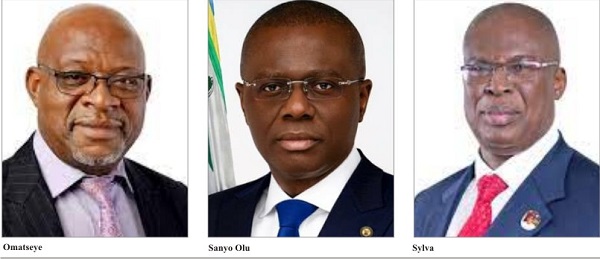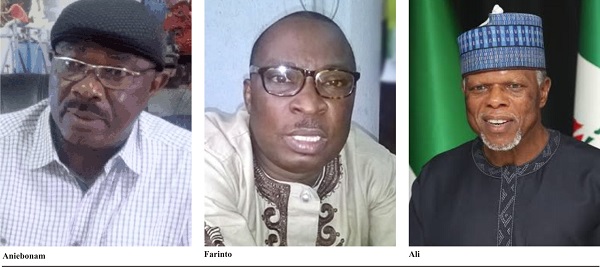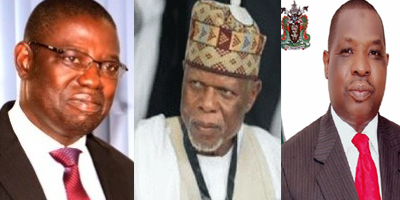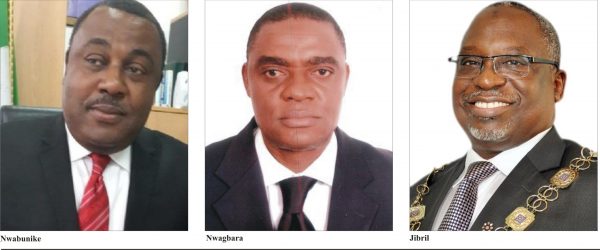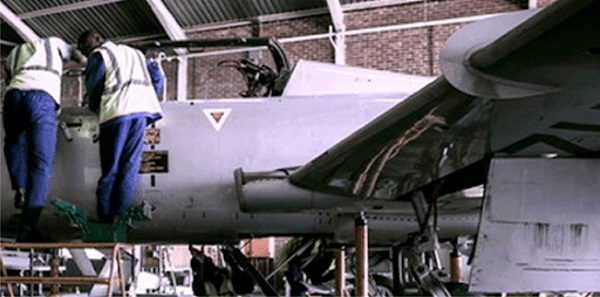Autogas Vehicle Conversion: Prioritizing Cleaner Fuels
By Kenneth Jukpor
As the Federal Government revealed that it has set aside the sum of N250 million for willing autogas certified engineers and technicians to access in the country to convert petrol powered vehicles into gas, as part of efforts to boost investments and innovations in the sector, emphasis on PMS for vehicles dwindles further.
Innovation and technology keeps transforming the way we live and work. A handful of entrepreneurs think solar-powered cars are poised for their day in the sun. Solar energy and electric vehicles (EVs) are already seen as a winning combination. If you drive an EV, but charge it with power that has a lot of coal in the energy mix, it boosts the climate impact of driving. Thus, charging your EV with renewable energy is a great choice. Also, charging with solar panels is an excellent way to reduce your fuel costs and get the greatest value out of your solar PV system.
Most solar panels on the market are around 15%-20% efficient in converting sunlight into electricity. This means that fewer solar panels are needed to produce the same amount of energy compared to solar panels from a decade ago. Because PV modules are more efficient than ever, many houses have enough roof space to provide power for the home and charge a vehicle.
The term “solar panel vehicle” is generally used to describe any vehicle with solar cells integrated into its design – AKA solar Electric Vehicles (sEVs). They can run smoothly at night or in the absence of direct sunlight as they can use their panels to store solar energy in their batteries.
While Nigeria mulls the conversion of petrol powered vehicles to gas, the more stark reality is that the era of PMS is gradually coming to an end.
Experts in the oil sector have also posited that the Petroleum Industry Act makes room for speedy developments in gas infrastructure developments and investments. In the past, the Petroleum Act of 1959 did not make any provision relating to gas.
However, in PIA, there are about 50 sessions fully dedicated to gas explaining how to develop gas, gas infrastructure, gas storage system and distribution, among others. This is because gas will remain for a very long time as oil does not remain the main thing. Over time, Nigeria as a country will move more into gas. Before now, what we only have about gas is the regulation and policies, but there is no concrete law that backs gas development. We have been able to address that now. One salient point that is good is the penalty on gas flaring will be paid by the company and used by the host community. The community will be the direct beneficiary of the fund if you flare gas in a community, which we also think is good. These are some of the benefits provided in the PIA.
Meanwhile, the Minister of State for Petroleum Resources, Mr. Timipre Sylva, disclosed the N250 million fund on Tuesday in Abuja, at an Autogas Technicians Training and Certification Programme.
The programme was organised as part of the National Gas Expansion Programme by the Federal Ministry of Petroleum Resources in collaboration with AVM Energy Services Limited, Autolady and Euro LPG amongst others.
Sylva, who was represented by the Senior Technical Adviser on Referendum, Mr. Umar Gwandu, said that the money was already in the coffers of the Central Bank of Nigeria (CBN) and those interested in opening conversion centres could go for it.
He explained that the decision to make the money available was as a result of the huge amount spent by the government on fuel subsidy, adding that it was in line with President Muhammadu Buhari’s commitment to adopt gas as an alternative fuel for the country.
“The amount of money the government is spending on fuel subsidies is high so the President Muhammadu Buhari-led government, in a bid to ease the pains of Nigerians, decided to look inward and evolved ways to reduce the cost.
“If we focus on moving from fossil fuel to Liquefied Petroleum Gas (LPG) and Compressed Natural Gas (CNG), it will save us a lot of money because the benefits are enormous. Apart from the fact that autogas is cheaper, we are also concerned about making the conversion of cars affordable so that Nigerians can indeed reap the advantage of this new policy,” the minister said.
In his address, the Chairman, Euro LPG of Holland, Dr. Wahaab Abdallah, expressed readiness to equip Nigerians with the practical knowledge of conversion of bio-fuel vehicles to gas vehicles.
Abdallah pointed out that quality gas driven vehicles are more cost effective and conformed to national standard.
The Euro LPG boss added that the project will create jobs for Nigerians and ensure healthy environment.
He further advised that producing the kits and tanks in Niger shall crash the prices of conversion and therefore called on well-meaning Nigerians to take interest in the gas project.
The launching was witnessed by many dignitaries including the representatives of Governor of Kogi state Alhaji Yahaya Bello, Engr Abdulahi Sule, Governor of Nasarawa state, Mrs. Sylva, Mrs Lami Hammed among others
Recently, the Executive Governor of Lagos State, Mr. Babjide Sanwo-Olu, noted that energy transition towards a more sustainable and lower carbon footprint will have a significant impact on the downstream sector, thus, there is an urgent need to reposition the sector in the global transition map, to not only survive the low carbon energy transition but to support and lead it.
Sanwo-Olu, who was represented by the Lagos Commissioner Ministry of Energy and Mineral Resources, Mr. Olalere Odusote, at the recent OTL Downstream Conference, he said the sector players need to understand their role in the energy transition and move quickly to rethink strategy and take action towards reinventing and repositioning to take advantage of the inherent opportunities.
“The accelerating pace of Natural Gas Vehicles provides an opportunity for significant gas infrastructure investment. Advent of Electric Vehicles; while this might currently seem like a slow moving threat, it may have more near term business implications and the sector needs to be well positioned to take advantage of investment opportunities such as EV charging value pool (EV charging infrastructure and complimentary on-site service offerings) which McKinsey estimates has the potential to grow $20 billion by 2030. This puts African oil and gas retailers in a strong position to take the lead by treating it as an incremental business and capitalizing on their existing locations and facilities to deliver it, they could generate a high return on investment,” he said
Also speaking at OTL, a former Director General of the Nigerian Maritime Administration and Safety Agency (NIMASA) Barr. Temisan Omatseye said, “On LNG, the most important thing is the regasification which comes from converting the LNG.”
“What is NNPC doing especially in relation to domesticating the development of conversion kits or heat exchangers? These are items used to regasify by heating up the LNG. Most people who own vehicles would like to have an LNG truck but would also need to have regasification. Is NNPC investing in research and development to domesticate the construction of regasification equipment? Nigeria has to begin to work in this light because the future of the nation is gas.”


